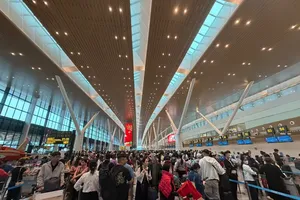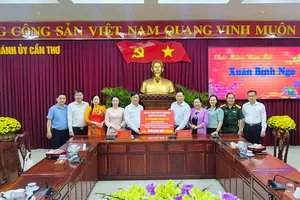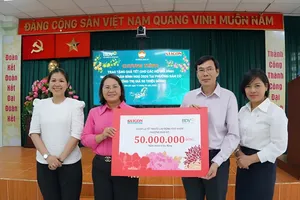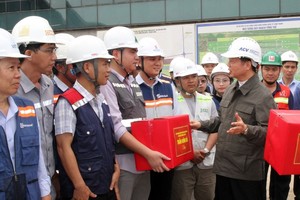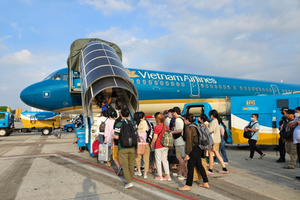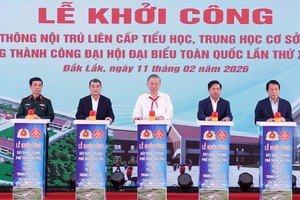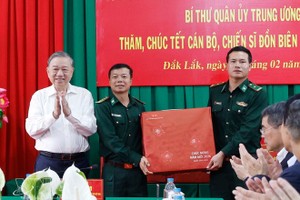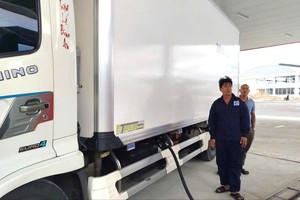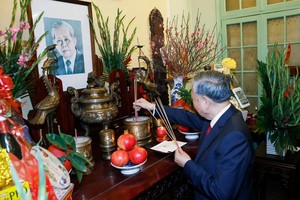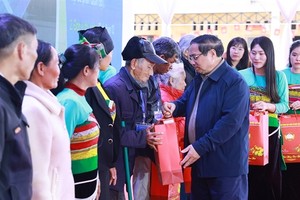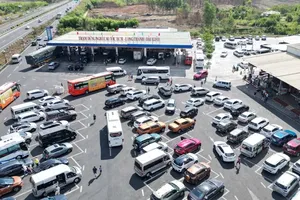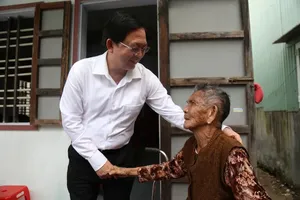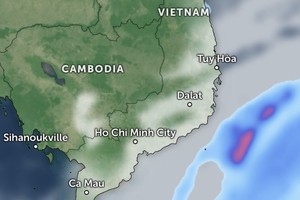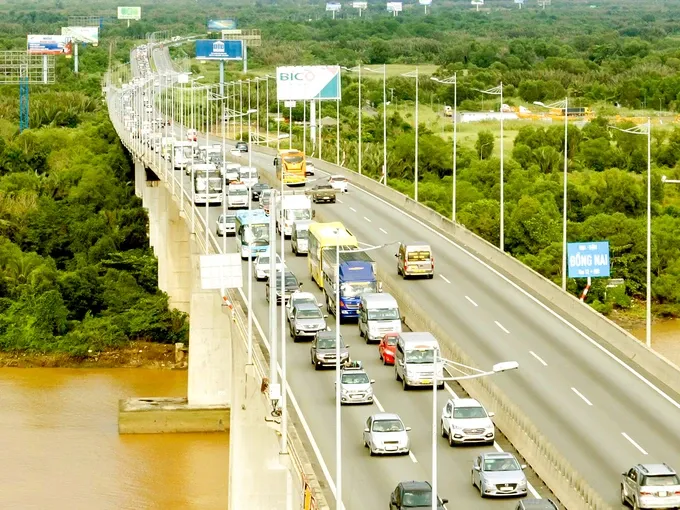
Vietnam Expressway Services Engineering JSC (VEC) reported that in 2023, the total quantity of vehicles moving on the HCMC – Long Thanh - Dau Giay Expressway was 20.4 million, leading to a total toll revenue of VND1.52 trillion (US$61.37 million). Yet the investment in the second stage of expanding this route is still unable to be launched due to financial trouble.
Answering the question about not inviting other economic organizations with rich experience in this field like Deoca Group or Son Hai Group to participate in this important project, the Transport Ministry said that by 2022, VEC had developed four possible investment alternatives, the second of which is the collaboration under the Public – Private Partnership (PPP) model.
The advantage of this alternative is the ability to mobilize social resources to improve traffic infrastructure, whereas its disadvantage is the difficulty in dividing revenues, maintenance costs, management and operation responsibilities between VEC and new investors. This might lead to unwanted interest conflicts.
Preliminary analysis of proposed financial alternatives reveals the necessity of capital support from the State. Therefore, the Transport Ministry recommended that the Prime Minister assign VEC to develop preparation plans and a pre-feasibility report, including careful consideration for the ability to balance capital and related mechanisms to implement this project.
Experts in the field commented that it is not at all challenging to call upon the financial contribution of private investors to such major routes like the HCMC – Long Thanh – Dau Giay Expressway. These people able to take care of capital preparation as well as suitable construction methods and capital recovery. That is not to mention the advantage of completed land clearance task.
Allowing the inclusion of private capital is also in compliance with the direction of the State to only interfere with any projects for the community or national development but hard to recover capital.
Chairman Tran Chung of the Vietnamese Association of Road Systems Investors (VARSI) stated that the trouble comes from how state management agencies deal with this capital shortage, not from legal matters.
Some traffic projects attract much interest from private investors thanks to their high feasibility, but are directed to follow only the public investment model, while others less attractive ones in remote areas are greenlighted to use the PPP model. It should have been reversed, where public capital is saved for projects of socio-political purposes.
Despite the urgency of this expansion project, an ideal financial alternative is still not decided. Under the direction of the Prime Minister, VEC is completing a feasible investment plan to submit to the Commission for Management of State Capital at Enterprises (CMSC) for consideration.
VEC expects to carry out this project from 2024-2028 (including the time to prepare for investment), which means the inability to keep up with the progress of Long Thanh International Airport construction.
In Notice No.70/TB-VPCP on February 28, 2024 about conclusions after the inspection visit to key projects of the transportation industry and Notice No.72/TB-VPCP on the same day about conclusions of the 9th meeting of the State Steering Committee for important national works and projects in the transportation industry, the Prime Minister asked that CMSC direct VEC to complete the expansion plan for the HCMC – Long Thanh – Dau Giay Expressway; to cooperate with relevant ministries and state agencies to select two most feasible alternatives and submit to Deputy Prime Minister Tran Hong Ha for consideration. This Deputy Prime Minister is also assigned to work with related ministries and state agencies to make a final decision this March.





